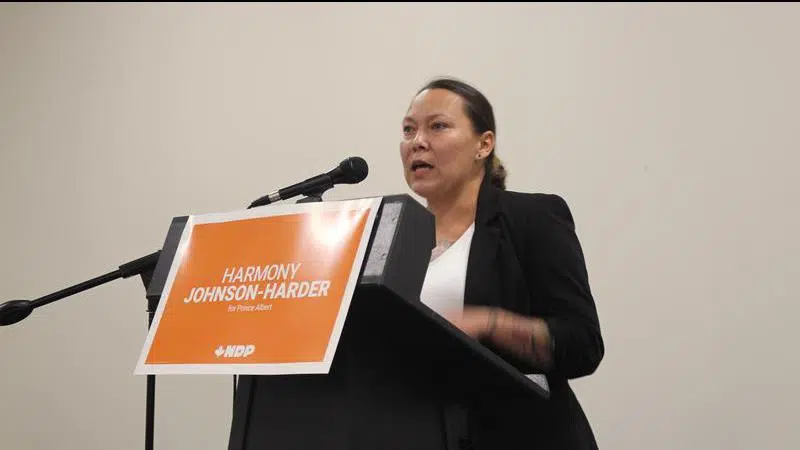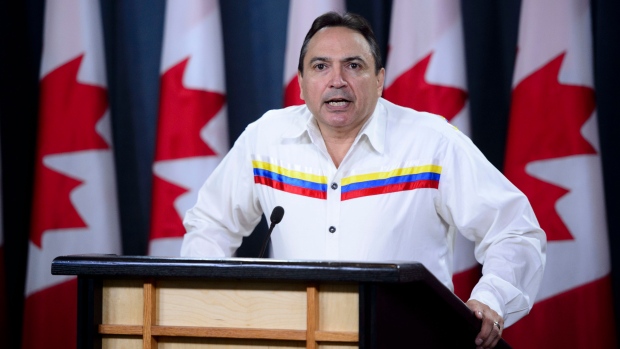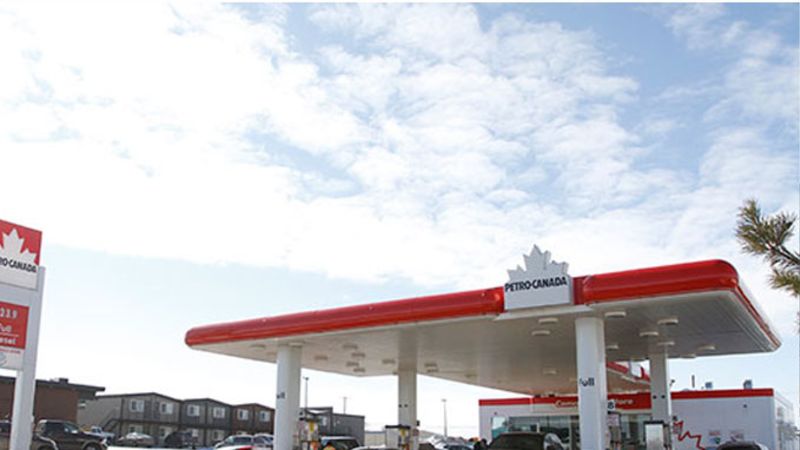
Record number of Indigenous candidates running in election
A record number of Indigenous candidates are running in the federal election, and First Nations voters could swing the vote in almost one in five ridings, according to a new report by the Assembly of First Nations.
The AFN says at least 63 First Nations, Inuit and Métis candidates will be on ballots across the country as Canadians head to the polls in just over a week.
That’s up from the 54 Indigenous candidates who ran in 2015, when a record 10 were elected to Parliament.
“We want to be a part, we want to have a voice within that system,” P.A. New Democrat Harmony Johnson-Harder told paNOW. “It’s really exciting that more Indigenous people are feeling empowered to do so.”



